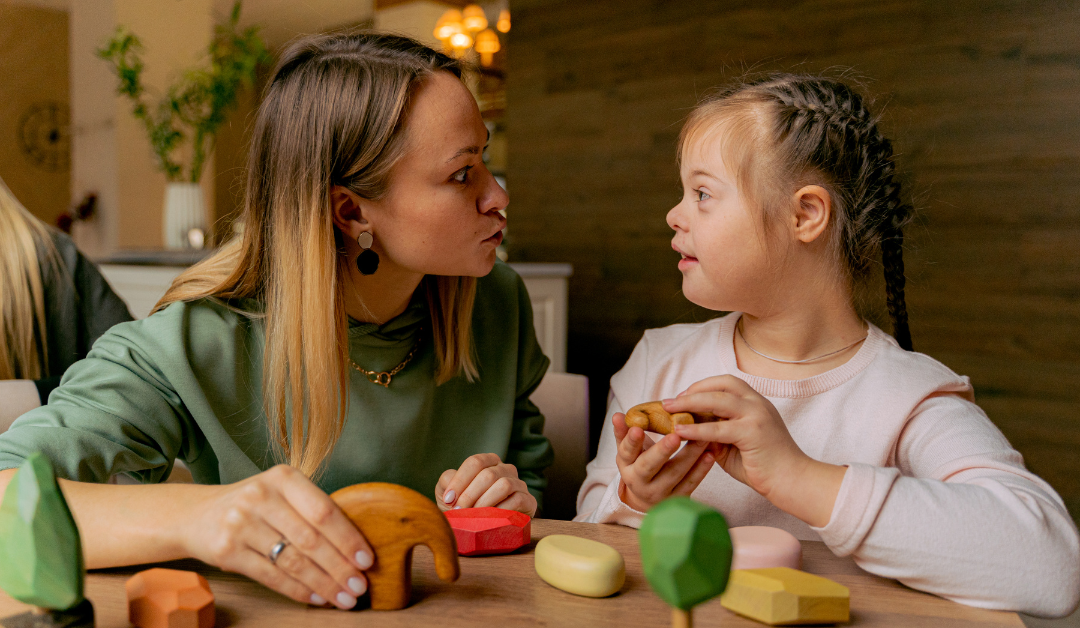 Teachers tell me all the time, “Laura, I believe in full inclusion, but how do we do this?” I’m happy to help. In this training, Laura explores how we work with “Humans, not Hondas,” to illustrate that there is no manual, or “one way,” to support children’s healthy...
Teachers tell me all the time, “Laura, I believe in full inclusion, but how do we do this?” I’m happy to help. In this training, Laura explores how we work with “Humans, not Hondas,” to illustrate that there is no manual, or “one way,” to support children’s healthy...
 Human beings are wired to scan for what is missing or what is wrong. A feature of the brain intended to keep us safe. It’s called the “negativity bias,” but it means that many adults are prone to having “velcro for the bad, teflon for the...
Human beings are wired to scan for what is missing or what is wrong. A feature of the brain intended to keep us safe. It’s called the “negativity bias,” but it means that many adults are prone to having “velcro for the bad, teflon for the...
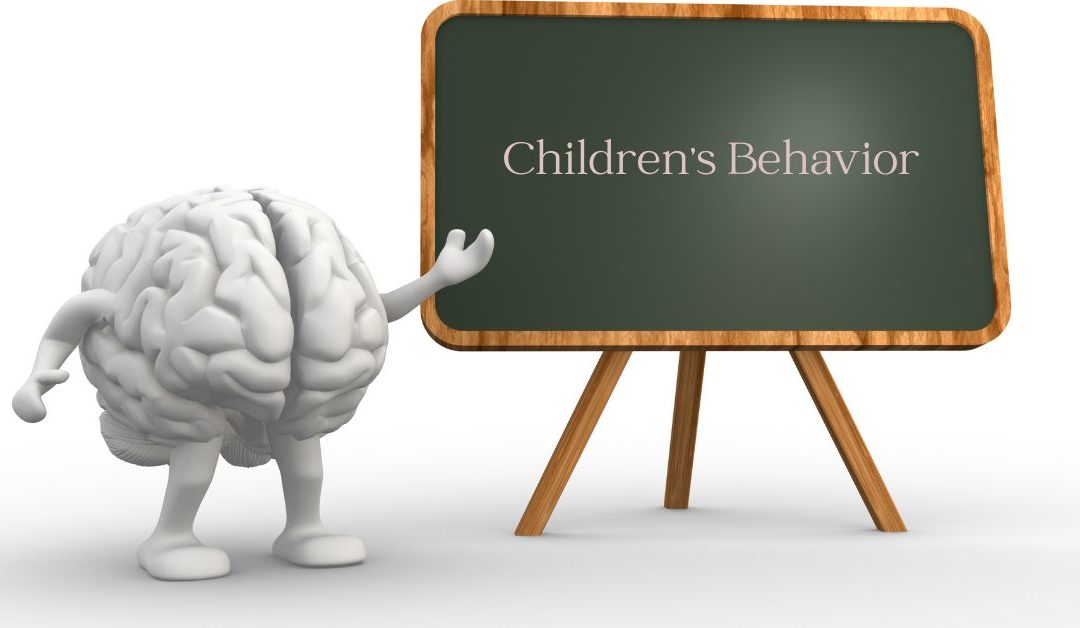 Teachers: want to work smarter not harder? Then you need to teach with the “brain in mind.” Once you have a working knowledge of the brain, you may begin to shift the way you teach and this, in turn, shifts the way children behave. In this training, Laura...
Teachers: want to work smarter not harder? Then you need to teach with the “brain in mind.” Once you have a working knowledge of the brain, you may begin to shift the way you teach and this, in turn, shifts the way children behave. In this training, Laura...
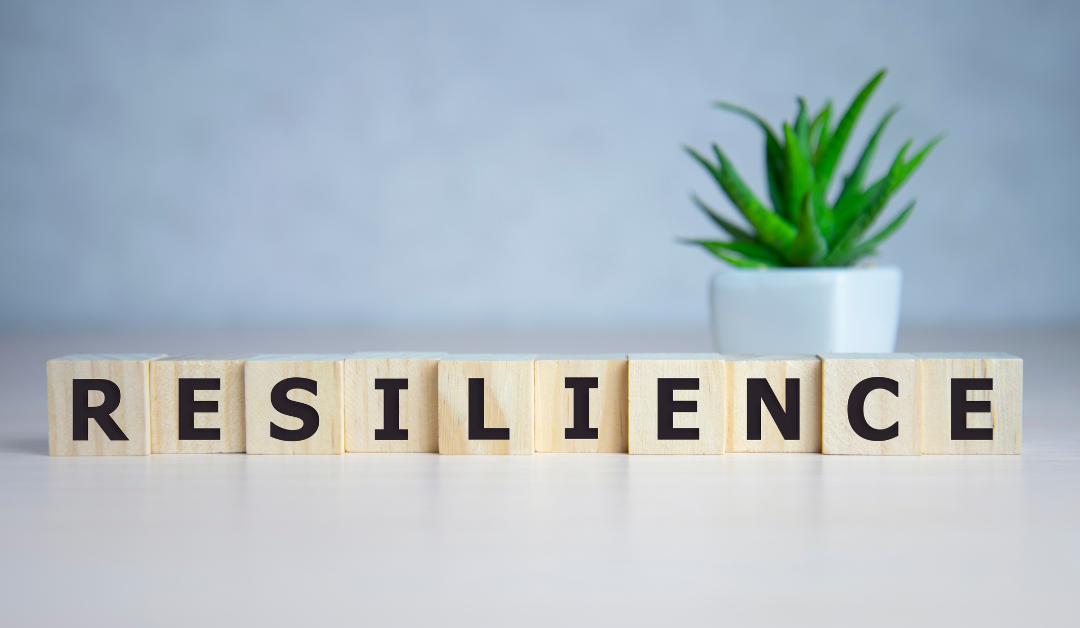 Adults are experiencing more stress than ever before. The demands placed upon us are manifold, and yet very little is provided to help build protective factors that promote resilience and manage stress. In this training, participants will learn the connection between...
Adults are experiencing more stress than ever before. The demands placed upon us are manifold, and yet very little is provided to help build protective factors that promote resilience and manage stress. In this training, participants will learn the connection between...
 How do children learn to resolve problems or conflicts that arise? Do teachers show them a systematic approach to resolving these challenges or do they jump in to resolve them for children? Often, adults give broad dictates to “work it out,” or worse, dole out...
How do children learn to resolve problems or conflicts that arise? Do teachers show them a systematic approach to resolving these challenges or do they jump in to resolve them for children? Often, adults give broad dictates to “work it out,” or worse, dole out...
 Most parents and teachers ask me for help managing children’s challenging behavior. It makes sense. Out of control behavior disrupts both the classroom and home environment compromising both learning and overall well-being. We spend a lot of time trying to...
Most parents and teachers ask me for help managing children’s challenging behavior. It makes sense. Out of control behavior disrupts both the classroom and home environment compromising both learning and overall well-being. We spend a lot of time trying to...
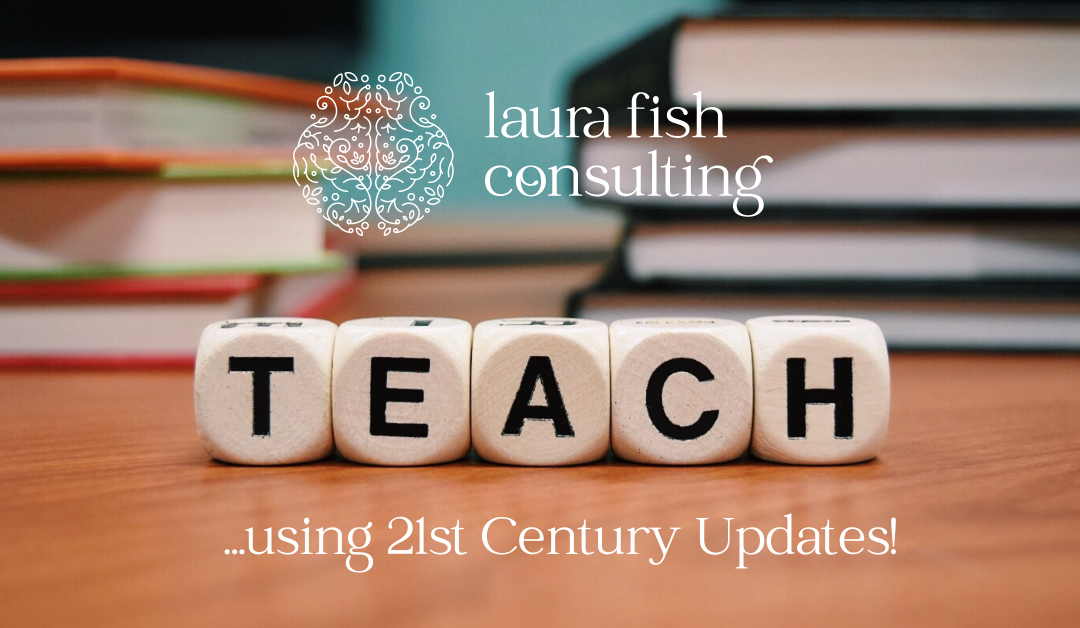 Despite the plethora of information available to the public via the web and numerous professional development opportunities, many teachers are using outdated practices to attempt to “manage” their classrooms. From sticker charts and behavioral systems, to time-out or...
Despite the plethora of information available to the public via the web and numerous professional development opportunities, many teachers are using outdated practices to attempt to “manage” their classrooms. From sticker charts and behavioral systems, to time-out or...
 Mindfulness may be considered as paying attention to what “is” with openness and receptivity. In this training, educators will explore what this means for adults and children, identify common teaching strategies that promote mindfulness, the brain...
Mindfulness may be considered as paying attention to what “is” with openness and receptivity. In this training, educators will explore what this means for adults and children, identify common teaching strategies that promote mindfulness, the brain...
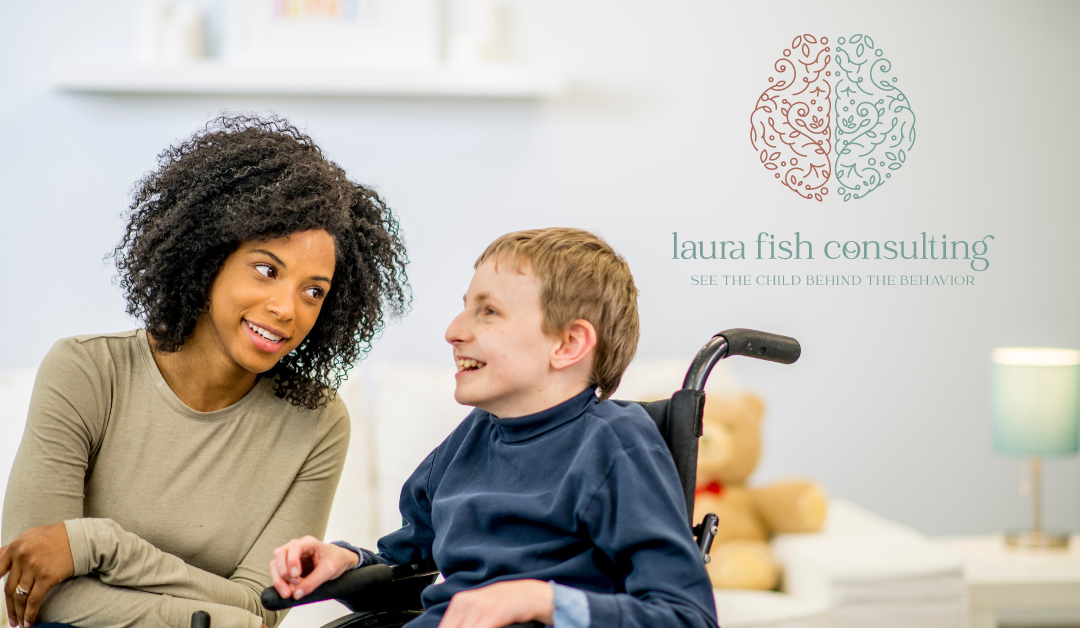 It’s common that most teachers have confidence in their ability to form relationships with the children or students in their classroom. When asked to articulate how they do so, however, can they describe the specifics of attuned interactions through contingent...
It’s common that most teachers have confidence in their ability to form relationships with the children or students in their classroom. When asked to articulate how they do so, however, can they describe the specifics of attuned interactions through contingent...
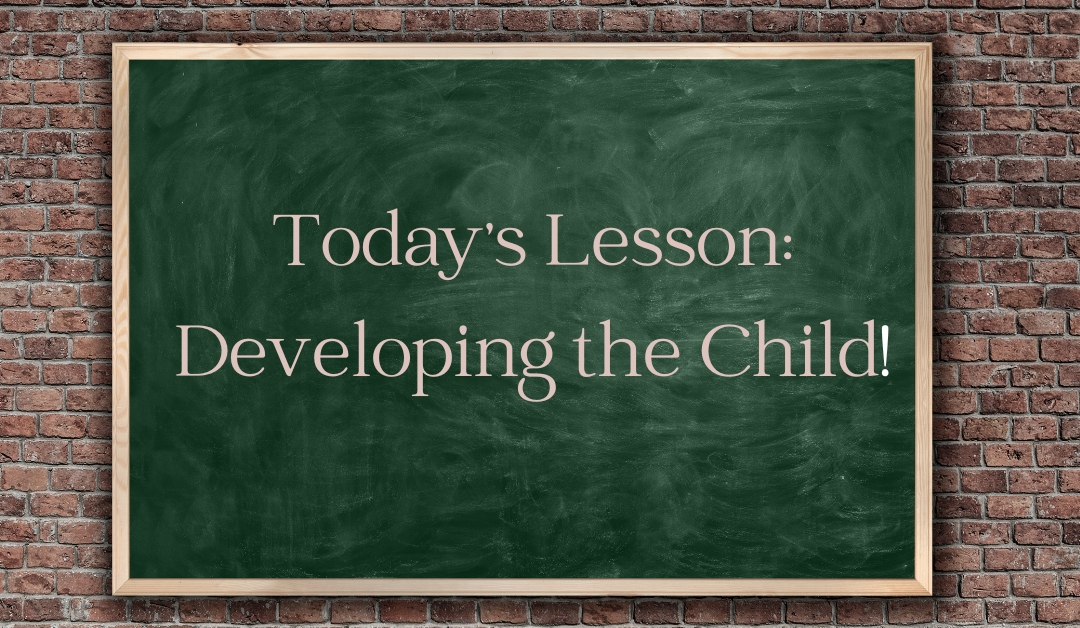 In this training, educators will be invited to shift their perspective from managing the classroom toward developing the child without abandoning their goal of a positive learning environment with minimal disruptions. Through a combination of theory, experiential...
In this training, educators will be invited to shift their perspective from managing the classroom toward developing the child without abandoning their goal of a positive learning environment with minimal disruptions. Through a combination of theory, experiential...
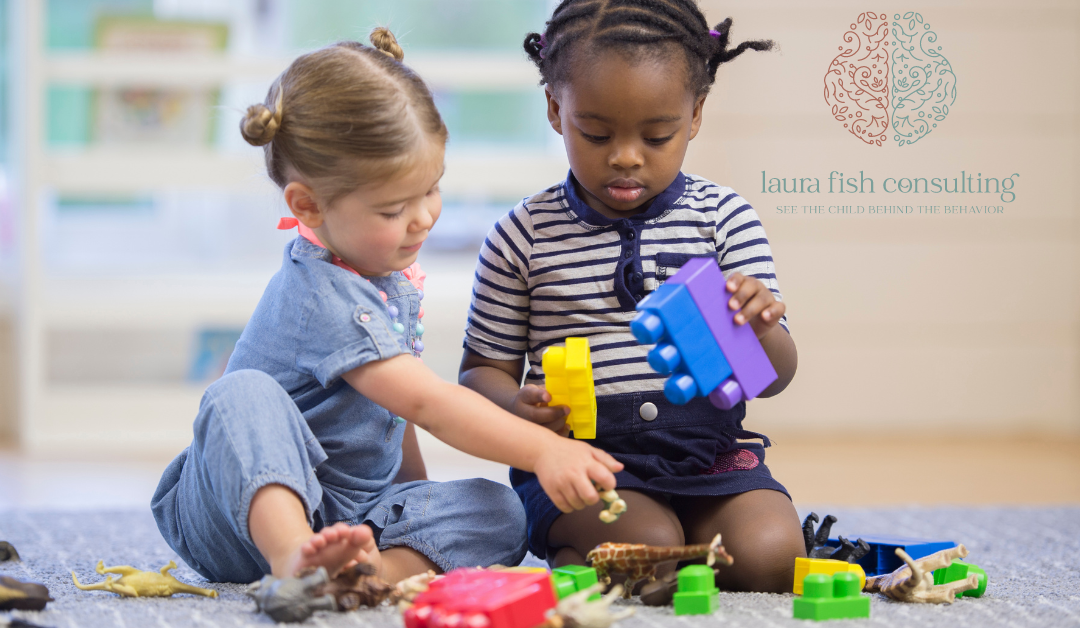 What are Executive Function skills? The ability to plan, initiate, organize, and carry out tasks while regulating emotions, focusing attention, controlling impulses, resolving conflicts, shifting gears when necessary and monitoring one’s efforts ito do so. Just that!...
What are Executive Function skills? The ability to plan, initiate, organize, and carry out tasks while regulating emotions, focusing attention, controlling impulses, resolving conflicts, shifting gears when necessary and monitoring one’s efforts ito do so. Just that!...
 This training focuses on two important 21st Century teaching concepts: mindful learning and critical thinking. What do these concepts mean and how might they be connected? With Mindful Learning, children and adults engage focal attention while remaining open and...
This training focuses on two important 21st Century teaching concepts: mindful learning and critical thinking. What do these concepts mean and how might they be connected? With Mindful Learning, children and adults engage focal attention while remaining open and...













